Introduction
For commercial real estate investors navigating the dynamic landscape of the Tampa Bay Area, understanding the concept of “grandfathering” in zoning regulations is paramount. From its legal framework to its practical applications, this article serves as an indispensable resource for investors seeking clarity in their real estate ventures.
Understanding Its Relevance
In the realm of commercial real estate zoning, “grandfathering” refers to the practice of allowing existing properties to maintain their current land use or structures despite changes in zoning regulations. This concept provides commercial property investors with a sense of continuity and stability amidst evolving regulatory landscapes.
The Application of “Grandfathering”
In the Tampa Bay Area, “grandfathering” operates within the framework of local zoning ordinances and regulations governing commercial real estate. Properties seeking grandfather status must meet specific criteria outlined in zoning laws, ensuring compliance with previous regulations or demonstrating continuous commercial use.
Impact on Commercial Property Investments
For commercial real estate investors in the Tampa Bay Area, “grandfathering” carries significant implications for property acquisitions and development strategies. By allowing existing properties to maintain their current usage or structures despite zoning changes, grandfather clauses safeguard investors’ interests and provide a stable foundation for future development endeavors.
Factors Influencing Grandfather Status
Several factors influence the eligibility of commercial properties for grandfather status in zoning matters. These may include the duration of commercial use, adherence to previous zoning regulations, and the nature of proposed zoning changes. Understanding these considerations is crucial for investors navigating complex zoning requirements.
Shaping the Future of Commercial Real Estate
In burgeoning urban centers like the Tampa Bay Area, “grandfathering” plays a pivotal role in shaping the landscape of commercial real estate development. By preserving existing structures and land uses while accommodating new zoning mandates, this practice fosters a conducive environment for sustainable and vibrant urban growth.
Clarifying Its Practical Applications
Despite its prevalence in commercial real estate discourse, “grandfathering” remains subject to misconceptions and myths. One common misconception is that grandfathered properties are entirely exempt from zoning changes, which is not always the case. Investors must discern the nuances of grandfather clauses to make informed decisions. Consulting with a local Tampa Bay commercial real estate expert, can help simplify this complex topic.
Innovations in Zoning Strategies
Technological advancements have revolutionized zoning strategies in commercial real estate, empowering investors with tools to optimize development decisions. From Geographic Information Systems (GIS) to data analytics, leveraging technology enhances investors’ ability to navigate zoning complexities and capitalize on investment opportunities.
Building Consensus for Zoning Reforms
Successful zoning reforms in commercial real estate require active stakeholder engagement and collaboration. By fostering open dialogue with community members, local authorities, and advocacy groups, investors can shape zoning policies that align with the collective interests of stakeholders while driving economic growth.
FAQs
What is the significance of “grandfathering” in commercial real estate zoning?
“Grandfathering” allows existing commercial properties to maintain their current land use or structures despite changes in zoning regulations, providing stability for investors and developers.
How does a commercial property qualify for grandfather status?
Commercial properties typically qualify for grandfather status by demonstrating continuous commercial use or compliance with previous zoning regulations before the implementation of new ordinances.
Are grandfathered commercial properties immune to all zoning changes?
While grandfathered properties may enjoy certain exemptions, they are not entirely immune to zoning changes and may still be subject to regulatory adjustments based on new zoning mandates.
What role does “grandfathering” play in urban development projects?
“Grandfathering” facilitates continuity in commercial real estate development by preserving existing land uses while accommodating new zoning requirements, contributing to the vitality and sustainability of urban communities.
What are some best practices for navigating zoning regulations in commercial real estate?
Best practices for commercial real estate investors include conducting comprehensive due diligence, leveraging technology for informed decision-making, and fostering partnerships with local stakeholders to support mutually beneficial development initiatives.
Conclusion
In conclusion, understanding what “grandfathering” means in commercial real estate zoning in the Tampa Bay Area is essential for investors seeking to navigate regulatory complexities and maximize investment opportunities. By embracing a nuanced understanding of “grandfathering” and its implications, investors can position themselves for success in a dynamic and evolving market landscape.



